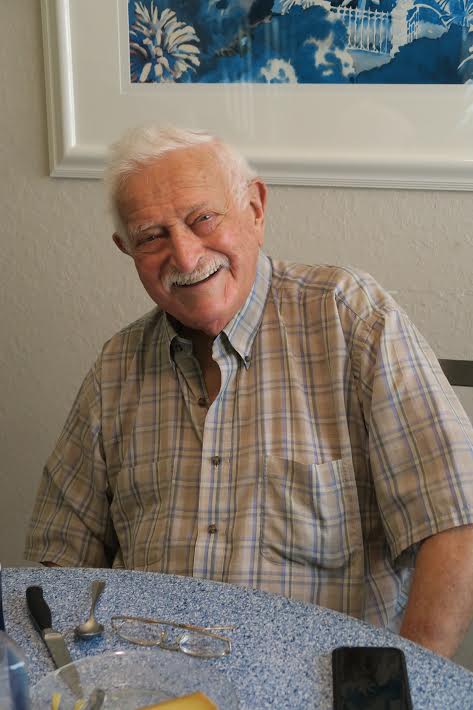
A remembrance of Wesley Hills’ original mayor by former village trustee Robert I. Rhodes
Robert J. Frankl, former mayor of Wesley Hills, died early the morning of Wednesday, May 24.
Bob was a key founder of the Village of Wesley Hills and the mayor for its first 26 years. The village was founded in 1982 after a several year legal battle with Ramapo Supervisor Morty Baron. Under New York law Baron was to judge only the legal sufficiency of the petition for the proposed village but he insisted that he had the right to decide if village formation was in the town’s interest.
After an extended and costly battle village formation was allowed to proceed.
The villages of New Hempstead, Montebello, and Airmont, not listed here in any particular order, followed the Village of Wesley Hills. The victory by residents of Wesley Hills provided the clear legal right of village formation by these other villages, including much later the village of Kaiser.
Upon its formation the Village of Wesley Hills enacted Ramapo’s zoning almost in its entirety but opponents of the village claimed that the village was formed to keep religious Jews and blacks out. Under Bob’s leadership the changing religious composition of Wesley Hill was graciously accepted.
For many years the chairman of the Village Planning Board was Marshall Katz, an Orthodox Jew, and a key member of the village board was David Goldsmith, also an Orthodox Jew. Upon Bob’s resignation Goldsmith became mayor, followed by the current mayor, Marshall Katz.
The key event that led to the formation of a village was an informational meeting related to a proposal for a development of a marshy piece of land by BYS, a corporation led by Hasidic Jews. At that meeting residents pointed out that the application was inappropriate because it assumed a legal high density based upon average density zoning.
Residents pointed out that the calculations of the applicant were based on the false premise that the entire property could developed. A later meeting where a small group of residents met with Ramapo Supervisor Morty Baron did not go well.
He made it clear that he believed, in so many words, that the residents of what would become the village of Wesley Hills were anti-Semites. Subsequently, at a meeting of local residents at the home of Harry Karden, Harry suggested that the residents had been poorly served, did not have to accept Baron’s insults and should form their own village which they did!
Leaders of the village at its formation included Frank Brown, who is still the village attorney, Ed McPherson, who is still a village trustee, Robert Marcus, Stan Jacobson, Robert Rhodes (the author of this piece) and Michelle Horowitz.

You must be logged in to post a comment Login